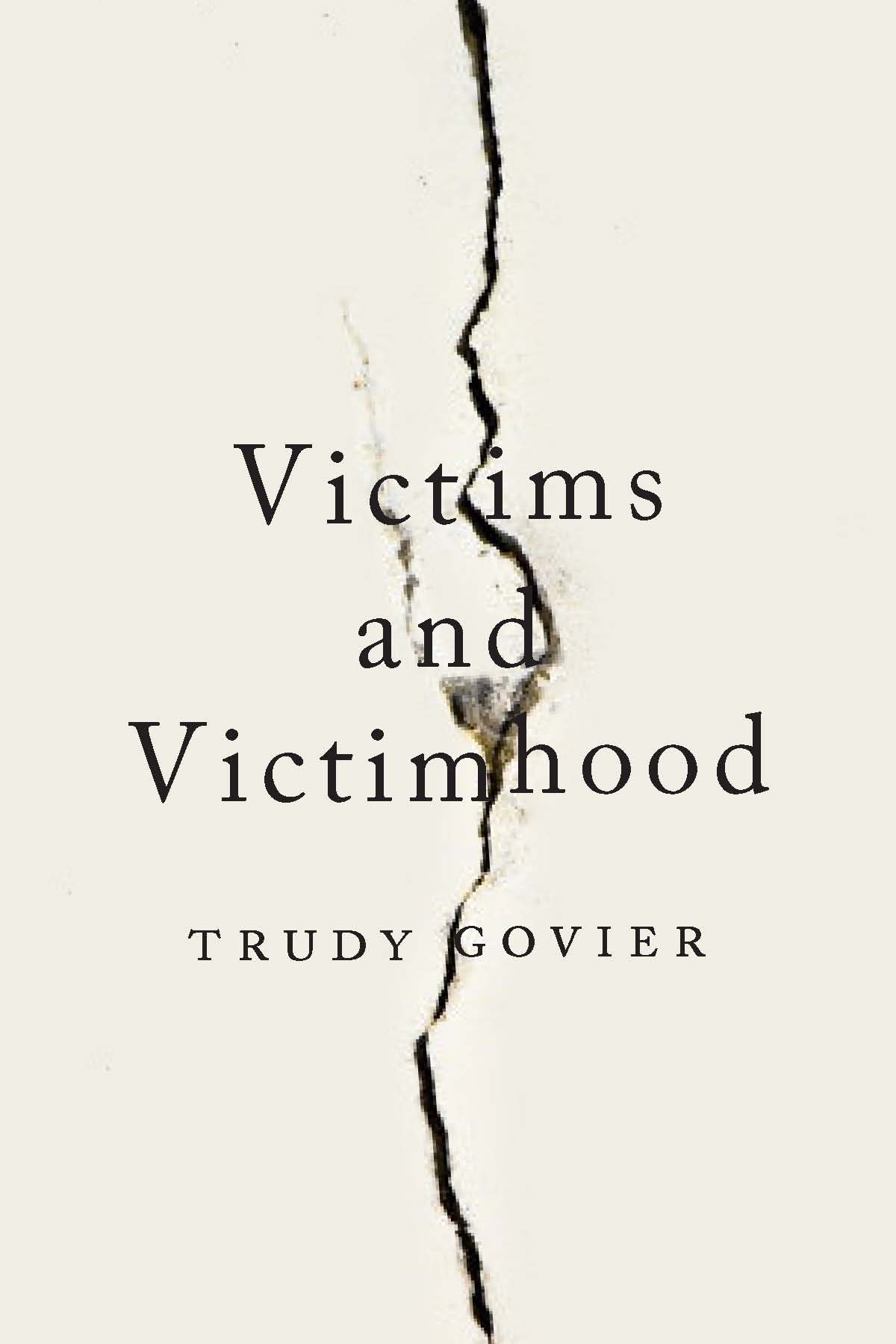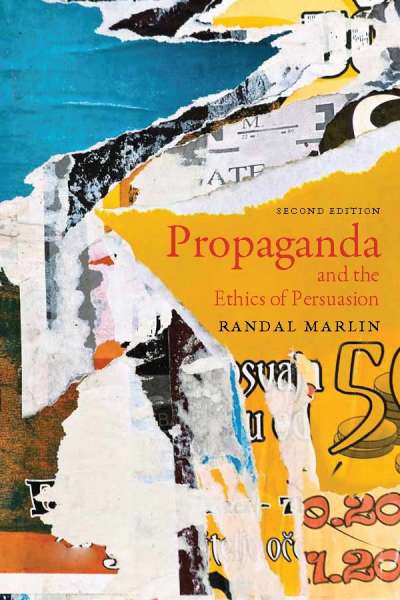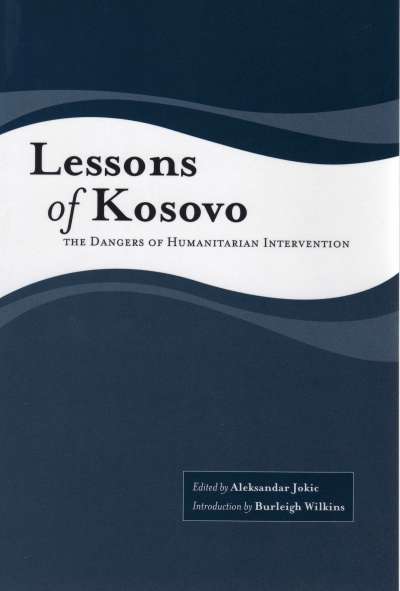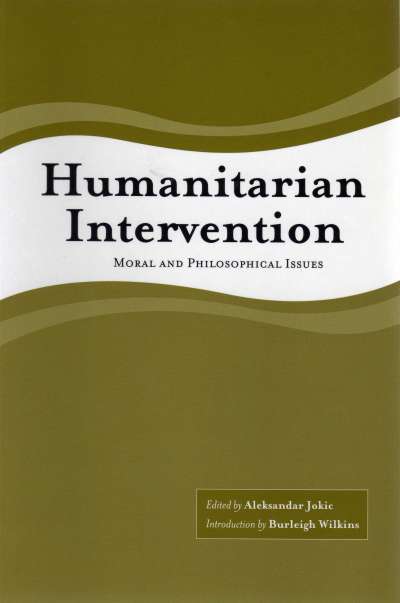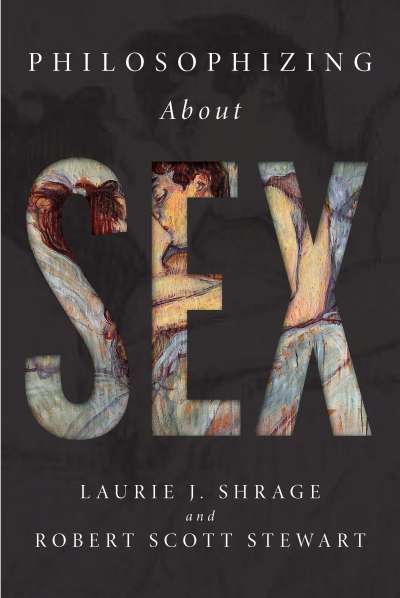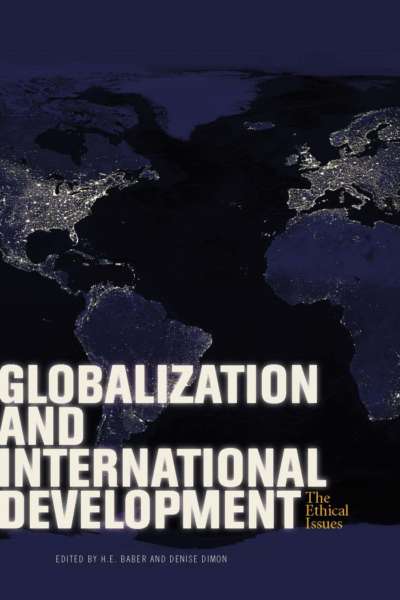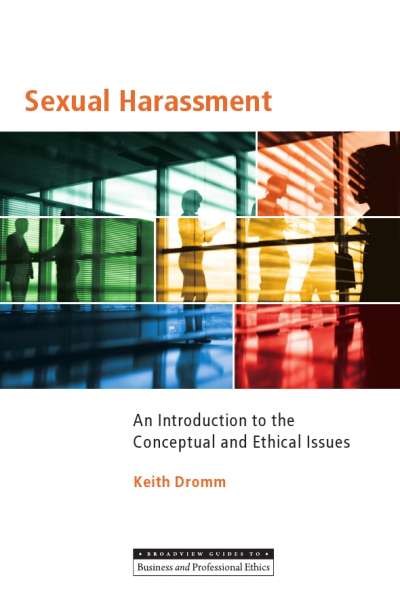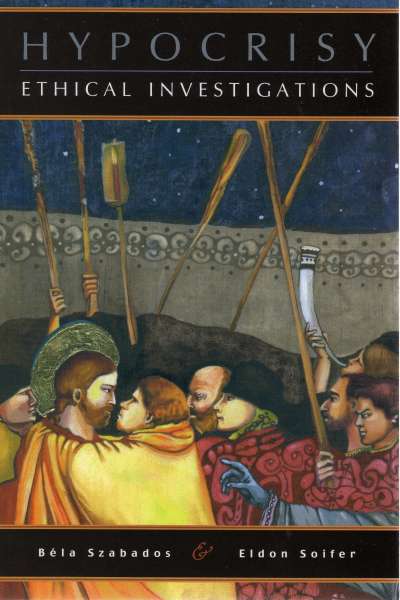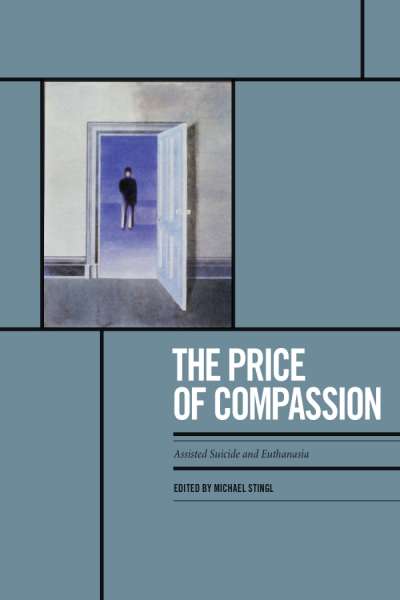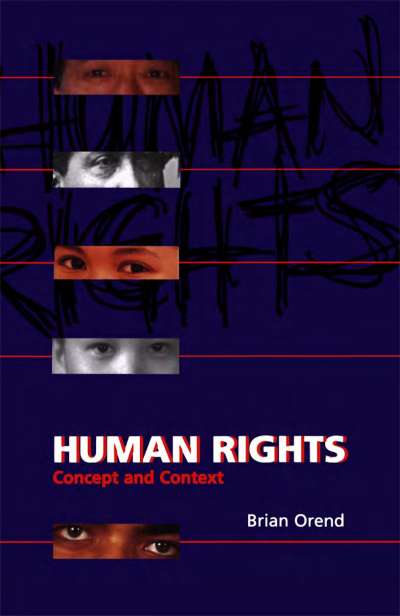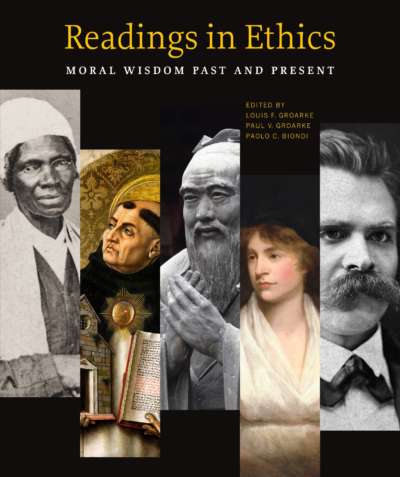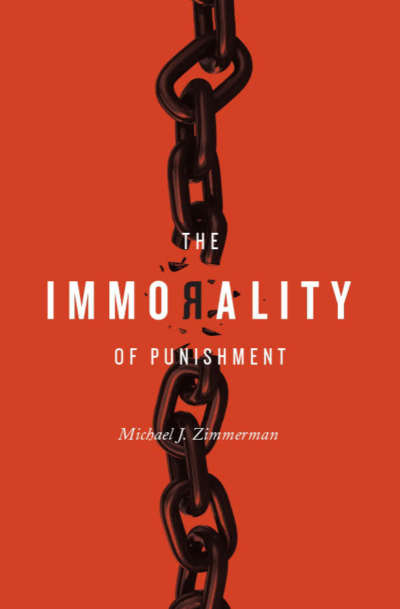Who is a victim? Considerations of innocence typically figure in our notions of victimhood, as do judgments about causation, responsibility, and harm. Those identified as victims are sometimes silenced or blamed for their misfortune—responses that are typically mistaken and often damaging. However, other problems arise when we defer too much to victims, being reluctant to criticize their judgments or testimony. Reaching a sensitive and yet critical stand on victims’ credibility is a difficult matter.
In this book, Trudy Govier carefully examines the concept of victimhood and considers the practical implications of the various attitudes with which we may respond to victims. These issues are explored with reference to a range of complex examples, including child victims of institutional abuse and the famed Rigoberta Menchú controversy. Further topics include the authority of personal experience, restorative justice, restitution, forgiveness, and closure.
Comments
“This remarkably balanced and clear-headed book pursues philosophical questions about victims that philosophers have not much engaged. Trudy Govier asks us to think carefully about what makes someone a victim, whether a victim is necessarily innocent or credible, why victims need to be heard, and what victims really need and deserve. Some of these questions are uncomfortable, but all are essential. Govier has produced a unique examination, studded with timely examples, of issues surrounding victimhood that bear on crime, violence, war, trauma, and justice.” — Margaret Urban Walker, Marquette University
“This book is so necessary to ethics. With the distinctive sensitivity and care that we have come to expect from her, Trudy Govier attends to the lived experiences of individuals. She offers good reasons to seek a more nuanced understanding of victimhood rather than dismiss ‘victim’ as a mere label or take its meaning for granted as obvious.” — Kathryn J. Norlock, Trent University
“Trudy Govier’s remarkable insights and arguments have done much to shape and guide the growing literature on the nature and values of reconciliation. Now she turns her keen eye to a surprisingly under-theorized figure central to the aftermath of wrongdoing: the victim. In this thoughtful and challenging volume, Govier overturns received wisdom and subjects the ethics, epistemology, and politics of victimhood to new, philosophically rigorous scrutiny. The resulting analysis will benefit scholars and practitioners, teachers and students.” — Alice MacLachlan, York University

